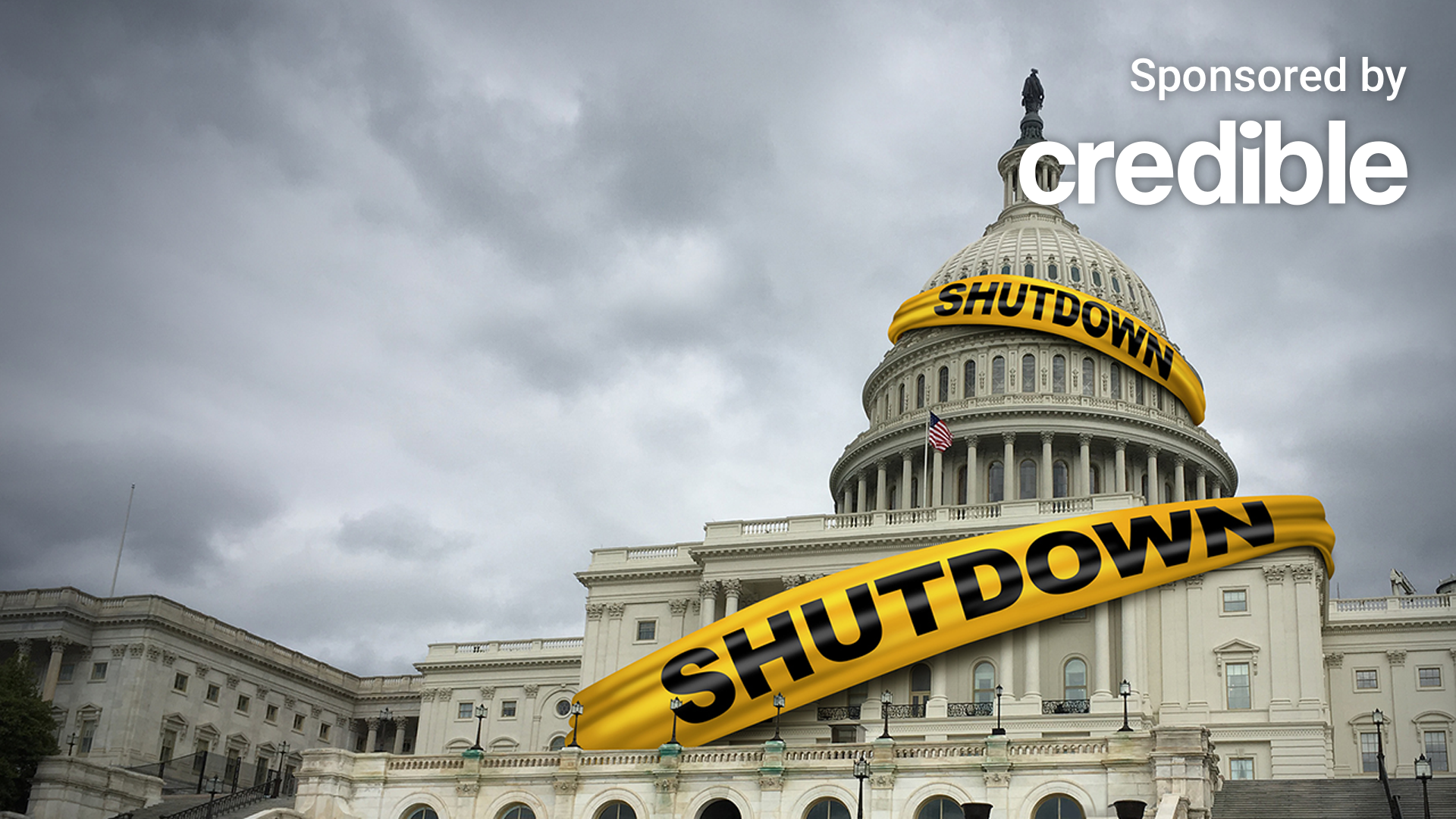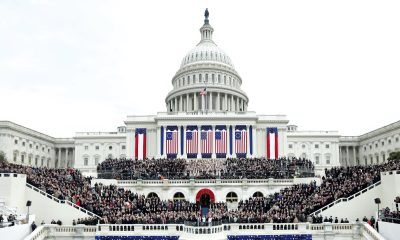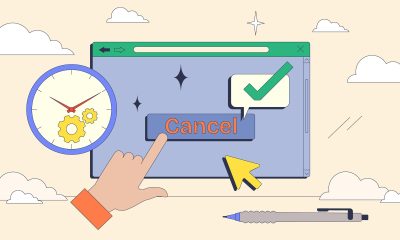Personal Finance
How a government shutdown could impact your wallet

Federal lawmakers have just days to decide on either a new spending budget, extending the expiration on government funding beyond the September 30 deadline or face a government shutdown.
U.S. House Republicans have agreed on a short-term plan to temporarily fund the government and avoid a government shutdown at the end of the month. However, there is strong opposition to the plan coming from conservative hardliners. Even if the House approves the bill, the Democratic-led U.S. Senate will likely not pass it.
A shutdown happens when the U.S. government has not had more money allocated to its budget by Congress. So, it’s not a situation where funds are lacking to service debt as is when the debt limit needed to be raised just three months ago.
Still, a shutdown of long duration would impact many federal employees and the U.S. economy. Goldman Sachs estimated that a shutdown today would reduce Gross Domestic Product (GDP) growth by about 0.2 percentage points each week it lasts, but growth would rise by the same amount after the shutdown was resolved. The 2018-2019 shutdown reduced GDP by a total of $11 billion, including $3 billion that will never be recovered, the Congressional Budget Office (CBO) estimated.
Additionally, a slowdown in economic growth should have little impact on Federal Reserve policy. The Fed has raised interest rates 11 times since 2022 to bring inflation to a 2% target rate. In fact, according to Goldman Sachs, a more extended shutdown “might add incrementally” to the arguments that the Central Bank should pause on interest rate increase at its November meeting.
“Unlike the debt limit, where Congress reached a deal because the potential hit to the economy from an impasse would have been so severe, a shutdown would be much more manageable from a macroeconomic perspective,” Goldman Sachs Chief U.S. Political Economist Alec Phillips said. “However, compared to the debt limit, the less severe economic effect of a shutdown also makes it more likely that Congress fails to act in time.”
If high-interest debt is taking up a sizable amount of your budget, you could consider paying it down with a personal loan, which could reduce your monthly payments. Visit Credible to compare debt consolidation options to find the best personal loan rates for you based on your credit score and credit history.
SHOPPING ON AN IMPULSE IS DERAILING AMERICAN BUDGETS – HERE’S HOW TO TAKE CONTROL
Social Security benefits will still be paid
Social Security and Medicare programs would remain largely unaffected by a government shutdown. However, a shutdown would impact the ability to process Social Security cards, and applications for new benefits would stall, according to the Committee for a Responsible Federal Budget (CRFB).
“Checks are sent out, but benefit verification as well as card issuance would cease,” the CRFB said. “While unlikely to happen again, during the 1995-1996 shutdown, more than 10,000 Medicare applicants were temporarily turned away every day of the shutdown.”
According to the Social Security Administration, a shutdown would mean the agency would only provide the following services:
- Help you apply for benefits
- Assist you in requesting an appeal
- Change your address or direct deposit information
- Accept reports of death
- Verify or change your citizenship status
- Replace a lost or missing Social Security payment
- Issue a critical payment
- Change a representative payee
- Process a change in your living arrangement or income (SSI recipients only)
If you’re struggling to save for retirement in today’s economy, you could consider paying down high-interest debt with a personal loan at a lower interest rate, which can help you lower your monthly payments. Visit Credible to compare options from multiple lenders all in one place and choose the one that’s the best for you.
CAR INSURANCE RATES SET TO RISE ANOTHER 4% BY YEAR-END: SURVEY
Extra funding will keep IRS doors opened
The Internal Revenue Service has furloughed up to 90% of its staff in the past due to a government shutdown. However, the doors will stay open this time because of funds provided in the Inflation Reduction Act. This means that operations will continue, and all 83,000 employees will be exempt from furlough, according to the CRFB.
“In 2013, a backlog of 1.2 million income and Social Security number verification requests delayed mortgage and other loan approvals, and billions of dollars of tax refunds were also delayed,” the CRFB said. “At least 26,000 furloughed IRS employees were recalled to work during the 2018-2019 shutdown in preparation for tax season, but 14,000 did not show up to work without pay.”
If you are looking to reduce your expenses amid high inflation, you could consider using a personal loan to pay down debt at a lower interest rate, saving you money each month. You can visit Credible to find your personalized interest rate without affecting your credit score.
GEN ZERS CREDIT CARD BALANCES GROW THE FASTEST: TRANSUNION
Have a finance-related question, but don’t know who to ask? Email The Credible Money Expert at moneyexpert@credible.com and your question might be answered by Credible in our Money Expert column.
Read the full article here

-

 Investing7 days ago
Investing7 days agoMoldova breakaway region to face new power cuts on Saturday, officials say By Reuters
-

 Investing7 days ago
Investing7 days agoReebok Co-Founder Backs Syntilay’s New AI, 3D-Printed Shoe
-

 Side Hustles7 days ago
Side Hustles7 days agoHow to Survive High-Demand Seasons Without Losing Customers
-

 Side Hustles5 days ago
Side Hustles5 days ago5 Things That Could Significantly Impact Your Company in 2025
-

 Investing5 days ago
Investing5 days agoNFI Group surge after board reshaped with new appointments, chairperson By Investing.com
-

 Side Hustles7 days ago
Side Hustles7 days agoShake It Up — Dunkin’ Debuts Star-Backed Winter Menu
-

 Side Hustles6 days ago
Side Hustles6 days agoHow Failing 22 Times Paved the Way to My Success
-

 Make Money7 days ago
Make Money7 days ago9 Easy Steps to Begin Your Gold Investment Journey


















